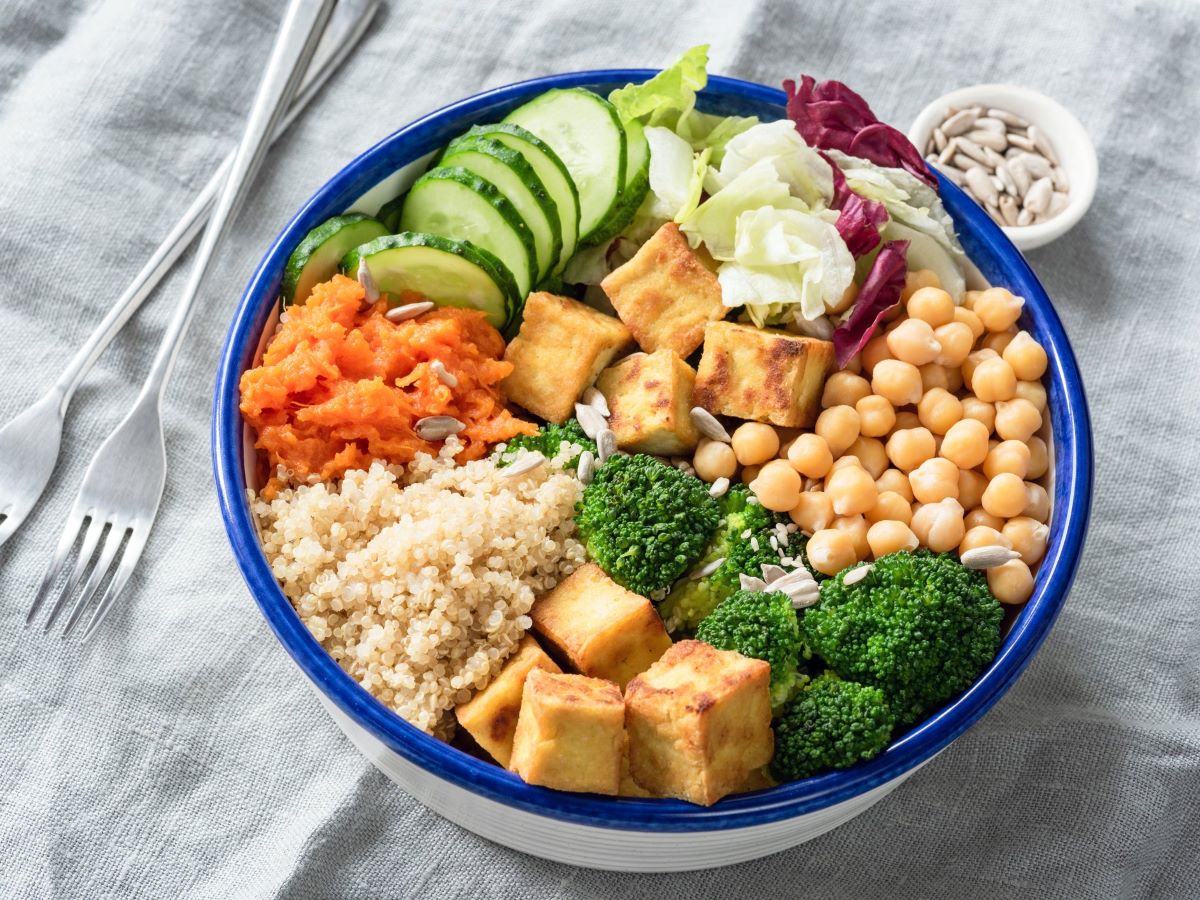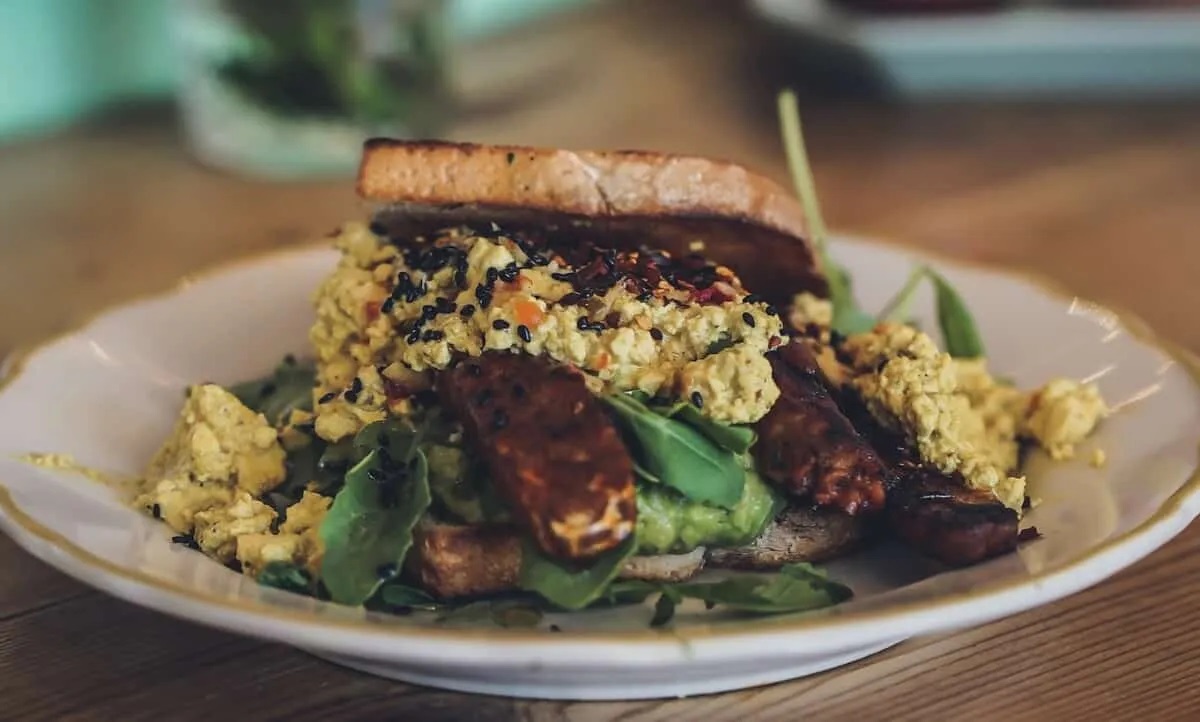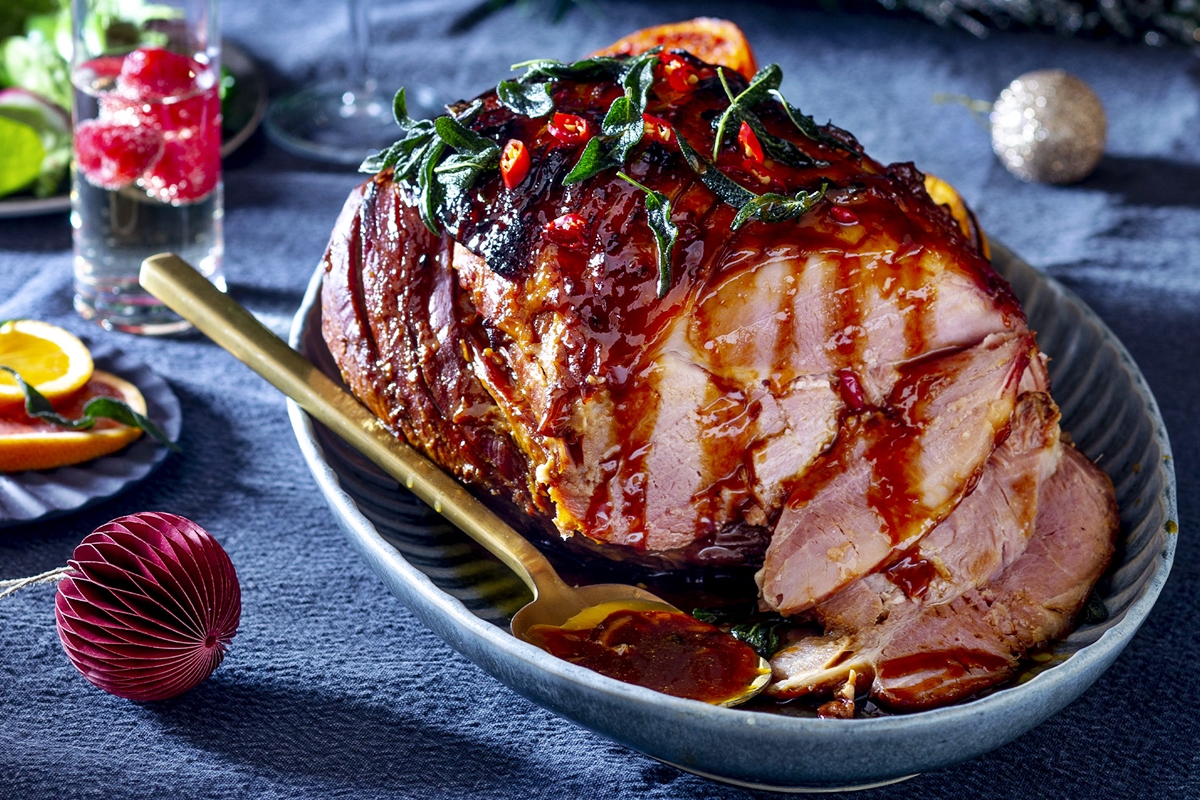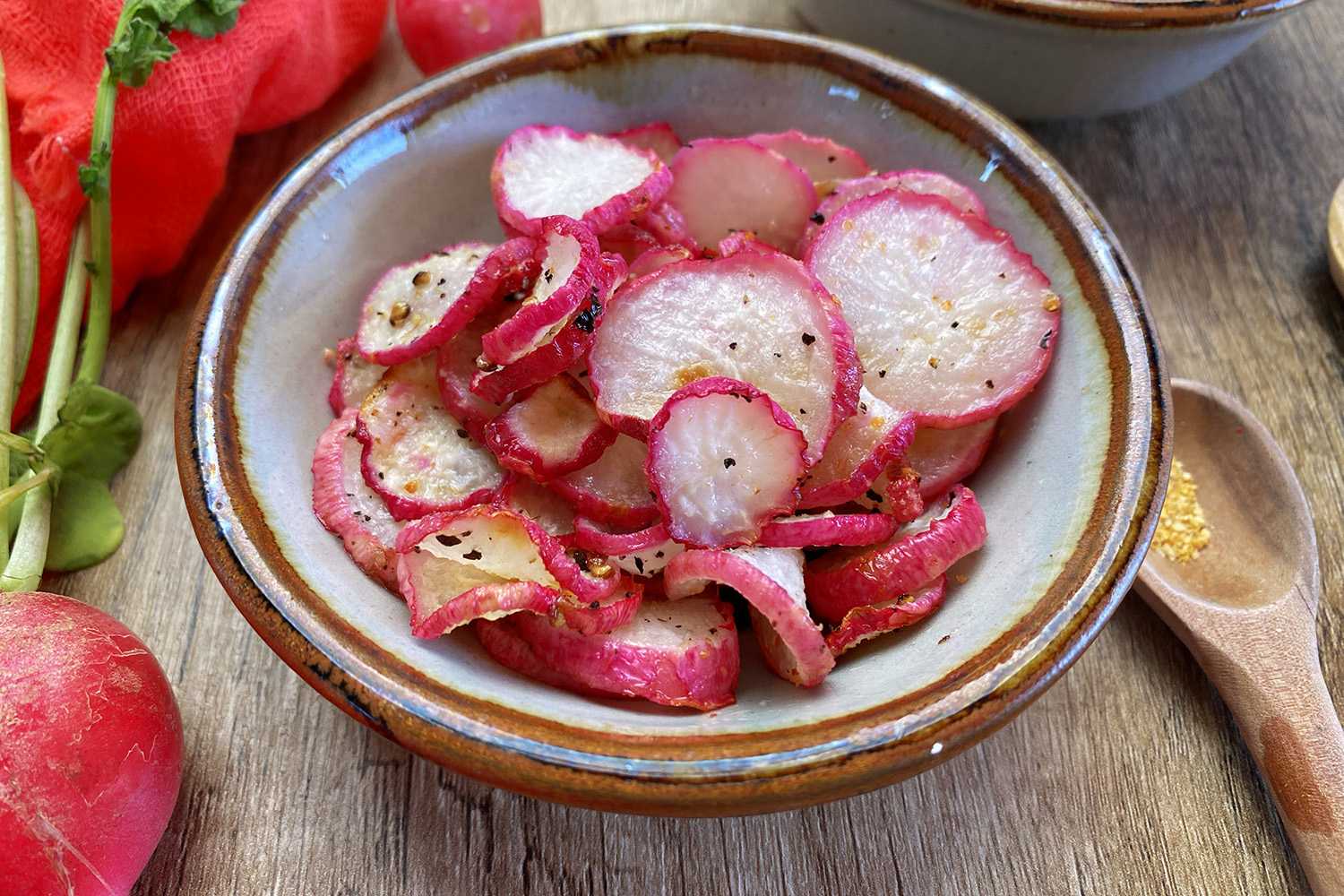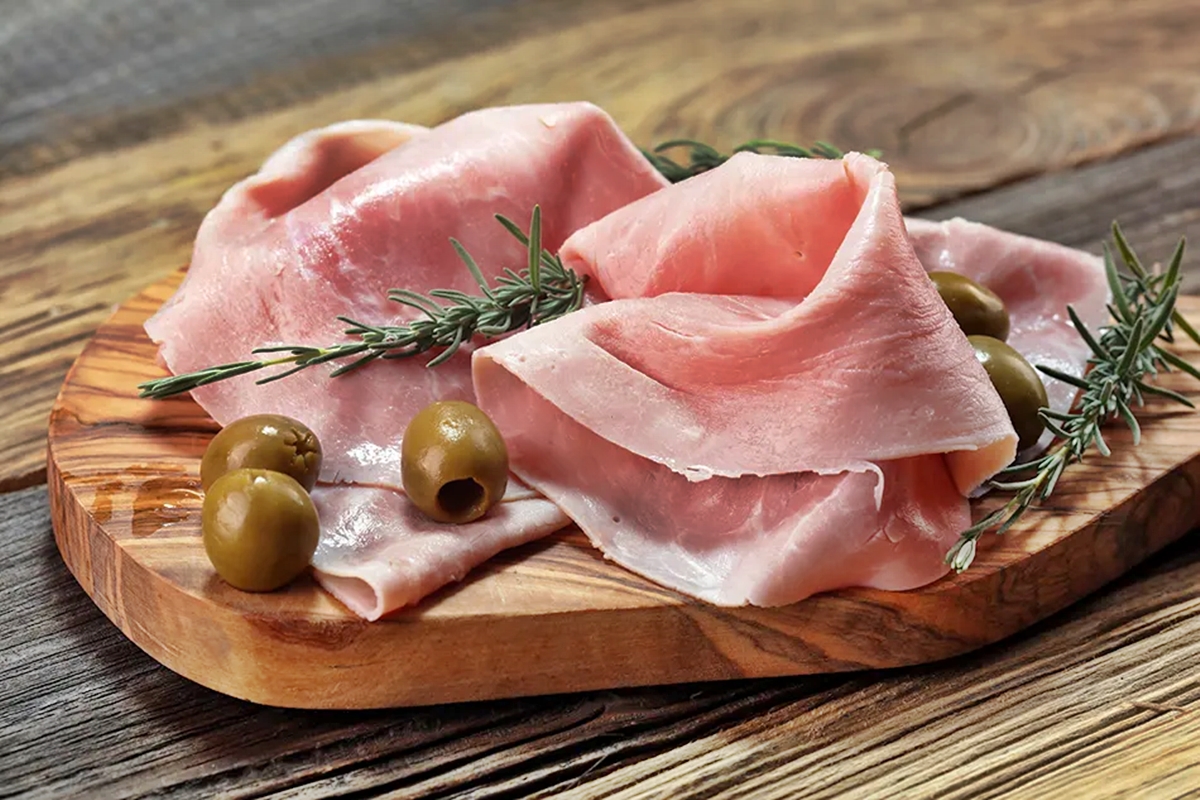20 High-Protein Vegetarian Foods
Contrary to popular belief, you don’t have to rely on meat to get your protein fix. Vegetarian diets can also provide a plentiful amount of protein to fuel your body. Whether you are a vegetarian or simply looking to incorporate more plant-based protein into your diet, here are 20 high-protein vegetarian foods that can help you meet your nutritional needs:
- Lentils – These legumes are not only packed with protein but also provide a good amount of fiber and iron. Use them in soups, stews, or as a substitute for ground meat in recipes.
- Tofu – Made from soybeans, tofu is an excellent source of protein. It can be marinated, grilled, or stir-fried to add protein to your meals.
- Quinoa – This ancient grain is a complete protein, meaning it contains all nine essential amino acids. It can be used as a base for salads, stir-fries, or as a substitute for rice.
- Chickpeas – Whether in the form of hummus, falafel, or roasted chickpeas, these versatile legumes are a great source of protein and can be easily incorporated into your meals.
- Black Beans – Rich in protein, fiber, and essential minerals, black beans are a staple in many vegetarian diets. Use them in chili, tacos, or as a topping for salads.
- Greek Yogurt – High in protein and probiotics, Greek yogurt can be enjoyed on its own or used as a nutritious addition to smoothies, dips, or desserts.
- Cottage Cheese – This dairy product is a great source of protein and can be enjoyed as a snack or used as a topping for salads and baked goods.
- Edamame – These young soybeans are not only rich in protein but also provide a good amount of fiber. Enjoy them steamed, boiled, or added to salads and stir-fries.
- Seitan – Made from wheat gluten, seitan is a popular meat substitute among vegetarians. It is high in protein and can be used in a variety of recipes.
- Peanut Butter – A delicious and protein-rich spread, peanut butter can be enjoyed on toast, in smoothies, or as a dip for fruits and vegetables.
- Chia Seeds – These tiny seeds may be small, but they pack a protein punch. They can be added to smoothies, yogurt, or used as an egg substitute in baking recipes.
- Tempeh – Another soy-based product, tempeh is a fermented food that is high in protein and can be used as a meat substitute in various recipes.
- Spinach – Not only is spinach loaded with iron and vitamins, but it also provides a decent amount of protein. Add it to salads, soups, or sauté it as a side dish.
- Almonds – These crunchy nuts are not just a great snack but are also a good source of protein. Enjoy them on their own or add them to salads and stir-fries.
- Cottage Cheese – This dairy product is a great source of protein and can be enjoyed as a snack or used as a topping for salads and baked goods.
- Hemp Seeds – Packed with protein, omega-3 fatty acids, and fiber, hemp seeds are a great addition to smoothies, salads, or as a topping for yogurt and oatmeal.
- Green Peas – These tiny green pearls not only provide protein but also offer a good amount of vitamins and minerals. Add them to stir-fries, soups, or salads.
- Paneer – A popular cheese in Indian cuisine, paneer is a great vegetarian source of protein. Use it in curries, wraps, or as a topping for salads.
- Spirulina – This blue-green algae is a complete protein and is often available in powder or supplement form. Add it to smoothies, energy balls, or use it as a natural food coloring.
- Yogurt – Apart from its probiotic benefits, regular yogurt is also a good source of protein. Enjoy it on its own or use it as a base for dips and dressings.
- Wild Rice – Rich in protein and fiber, wild rice is a nutritious grain that can be used as a side dish, in salads, or stirred into soups and stews.
With these 20 high-protein vegetarian foods, you can easily meet your protein needs while enjoying a plant-based diet. Experiment with different recipes and ingredients to discover new ways to incorporate protein-rich foods into your meals!
1. Lentils
2. Quinoa
3. Chickpeas
4. Greek yogurt
5. Tofu
6. Edamame
7. Green peas
8. Chia seeds
9. Hemp seeds
10. Cottage cheese
11. Almonds
12. Pumpkin seeds
13. Tempeh
14. Black beans
15. Peanut butter
16. Spinach
17. Greek yogurt
18. Seitan
19. Eggs
20. Cottage cheese
